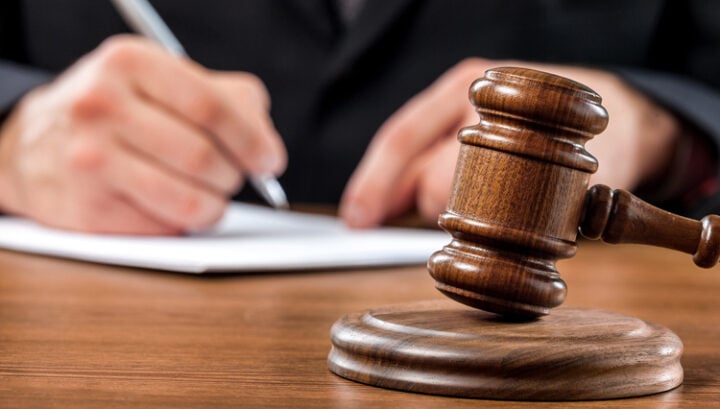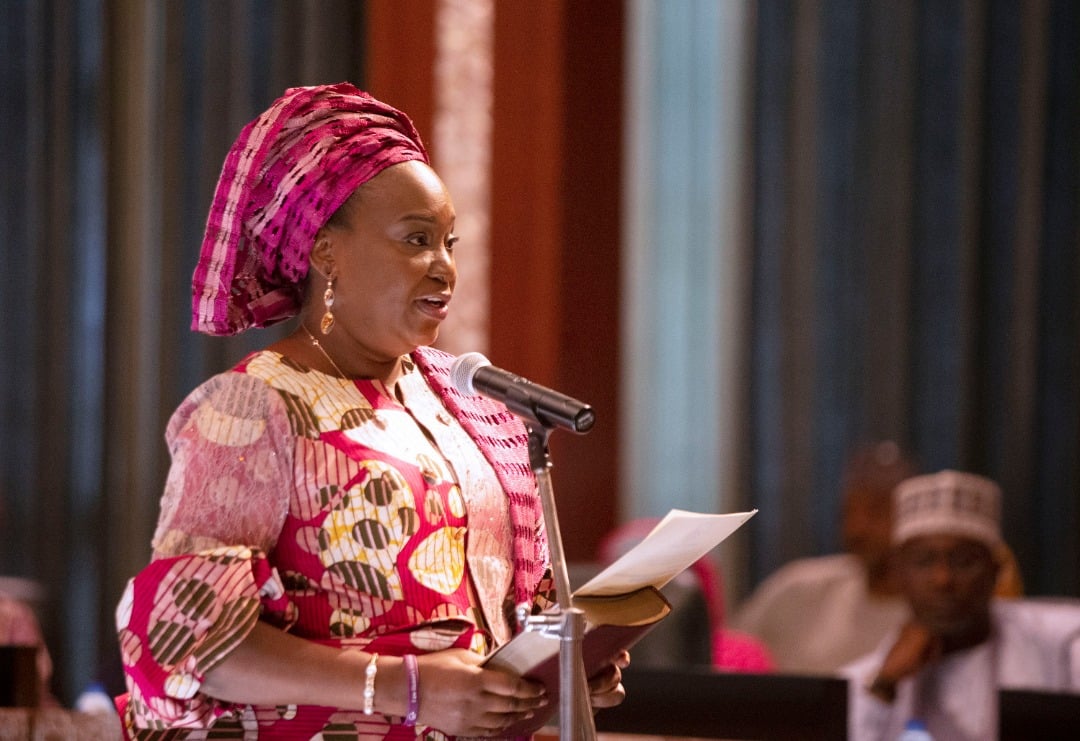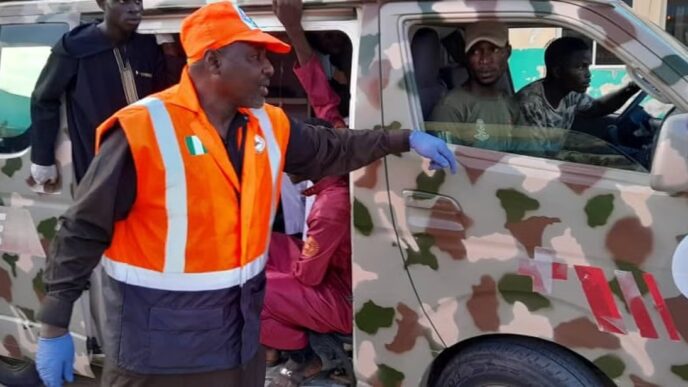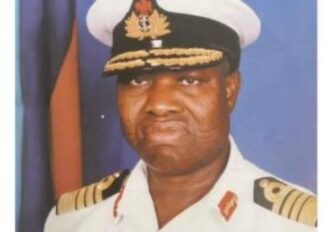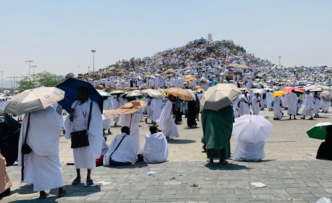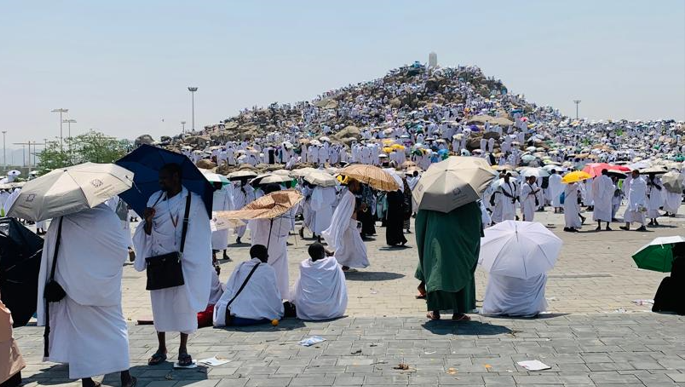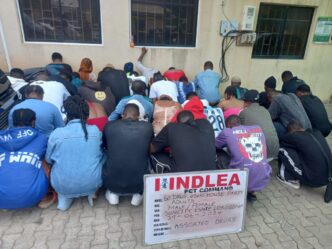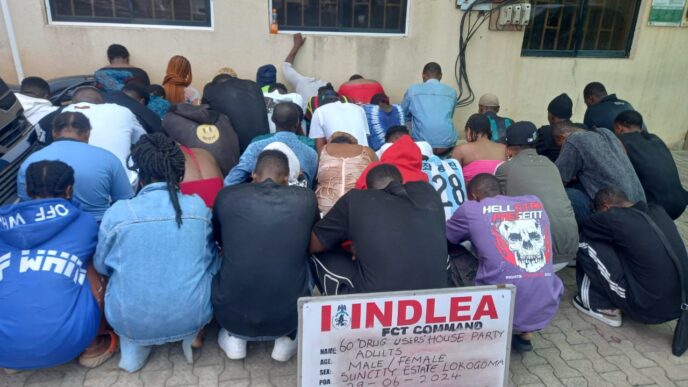A Panamanian court has acquitted all 28 people standing trial for money laundering as a result of the Panama Papers scandal.
Leaked in 2016, the secret financial documents showed how some of the world’s richest and most powerful people used tax havens to hide their wealth.
The BBC reports that Jurgen Mossack and the late Ramon Fonseca, founder of Mossack Fonseca, the defunct law firm at the center of the scandal, were among those cleared by the court.
Prosecutors in the case argued that the Mossack Fonseca law firm and their associates created a web of offshore companies to hide money linked to illegal activities in the ‘car wash’ corruption scandal.
Advertisement
‘Operation Car Wash’ was a money-laundering investigation into Petrobras, Brazil’s state-run oil company.
But Mossack and Fonseca denied that they, their firm, or their employees had acted illegally.
Prosecutors had been seeking maximum prison sentences for the duo before Fonseca died in May.
Advertisement
However, closing out the case, which started in April, on Friday, the judge dropped all criminal charges against all 28 defendants.
Baloisa Marquinez, the presiding judge, said the evidence considered by the court was “not sufficient” to determine the criminal responsibility of the defendants.
The Panama Papers, considered the biggest data leak in history, were the product of a year-long investigation by the International Consortium of Investigative Journalists (ICIJ), German newspaper Süddeutsche Zeitung, and over 100 news organisations.
The leak saw 11 million documents released to the German newspaper Süddeutsche Zeitung and over 100 news organisations.
Advertisement
Russian President Vladimir Putin’s associates were said to have “secretly shuffled” about $2 billion through banks and shadow companies.
The Panama Papers scandal also exposed a network of offshore companies linked to people like Xi Jinping, the Chinese leader; Lionel Messi, a soccer star; James Ibori, former governor of Delta; and the son of the late Kofi Annan, former United Nations (UN) secretary-general, to name a few.
The papers referenced 12 current or former world leaders, as well as 128 other politicians and public officials.
Gerard Ryle, ICIJ’s executive director, said the enduring impact of the investigation persists even though the court did not hold the defendants accountable.
Advertisement
Advertisement
Advertisement
Add a comment
